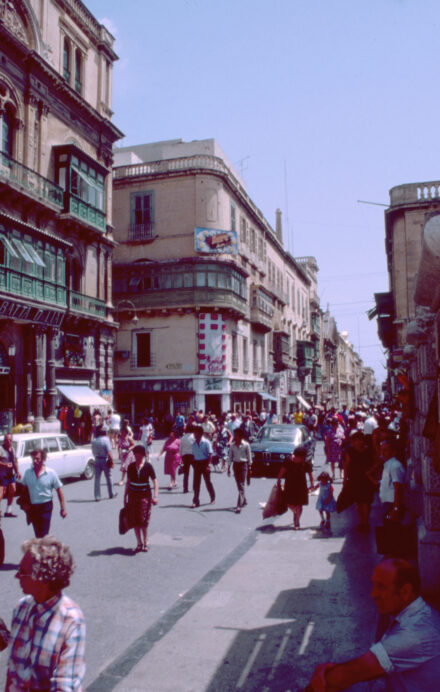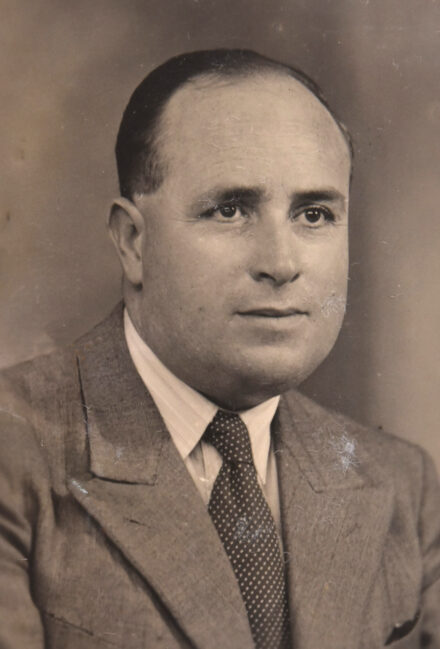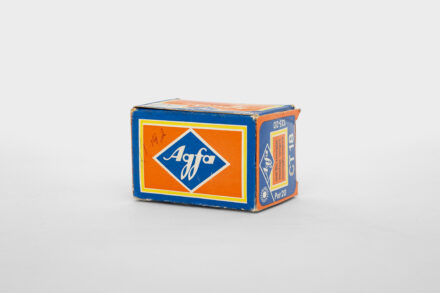
Kingsway, now Republic Street, Valletta, Peter Cauchi Collection,
courtesy of Magna Żmien Foundation.
My early recollections of the disciplines of insurance appear mostly scattered, unfocused and probably, quite irrelevant. When studying insurance law at university, I still remember my surprise at finding that, to avoid post-incident insurance frauds, the law expressly laid down a presumption that news travels at a speed of twenty miles per hour. So, twenty miles an hour was the reasonable speed a messenger on horseback could have carried the latest news. Ok, in the fifties we were still cheated of the pleasures of internet and mobile phones, but we already enjoyed radio and the airplane. I’ve been assured news travels faster nowadays.
At home, in my childhood we were rather insurance-resistant. My father, just back from imprisonment and exile in an African concentration camp, did not own a car and could not afford home or health insurance. But my good parents did insure their three young children, probably at birth. I remember them paying an annual premium ‘lis-Sur Formosa tal-Atlas’, and celebrating when the lump sum was cashed on maturity. It probably helped subsidize part of my university costs. Such a weird world we then lived in. Students paid the university, before Malta discovered that it is the university that should pay the students. Ours boasts of being the only country in the whole wide world where the state has to bribe students to get them, sort-of, interested in higher education. I remember my parents’ important-looking insurance policy, finely engraved with security features and symbolic images, all black and white, except for a postage stamp and a faux red seal.

Alfred Formosa, local agent for Atlas Assurance, courtesy of National Archives of Malta.
Valletta of my youth was still over-populated by the Maltese themselves. Unlike today – more boutique hotels and B&Bs than residences. Though not formally, it had its own ghettoes, and its own stratifications – the professional classes, the clergy, the blue collars, the aristocracy – and the negozjanti, the businessmen. Not exclusively through snobbery, but the various layers did not intermingle all that easily.
In the latter group, leading names stood out. Am I allowed to mention some at random? ‘Gasan tal-karozzi tal-linja’, ‘Paċijiet tas-Savoy’, Baldacchino ‘tal-Capitol’, Camilleri ‘tal-ħelu’, Arrigo ‘tal-Osborne’, Xuereb ‘tad-drappijiet’, Muscat, Aquilina, Cordina, ABC, Sapienza and Floridia ‘tal-kotba’, Mattei ‘tal-laneċ’, Delia ‘tal-għamara’, Mizzi ‘tal-karozzi’, Bartolo ‘tal-Chronicle’, Borda ‘tal-Gala’, Filletti ‘tal-elettriku’, Gollcher ‘tal-vapuri’, Portanier ‘tal-luminata’, ‘id-Derek tas-suq’, Tanti ‘tan-nuċċalijiet’, Bajada ‘tal-faħam’, Malata ‘tar-ravjul’, Buttigieg ‘tal-Monico’, Rausi ‘tal-ingwanti’, Schembri ‘tal-għaġin’, Gera ‘tal-mediċini’, Ciancio ‘tal-itratti’, Vella ‘tal-Glaxo’, Lowell ‘tal-arloġġi’, Haro ‘tal-kpiepel’, Camilleri ‘tal-Emeċ’, Barbara ‘tat-twiebet’, Marich ‘tat-tabakk’, Pace ‘tal-Brittania’, Coleiro ‘tal-nbid’, Pellegrini Petit ‘tal-Agfa’, Zampa ‘tad-deheb’, Bonaci ‘tal-Premier’. Each flaunted, sometimes discreetly, some status symbol. In my university days only one, repeat, one, student had a car – a medical undergraduate ta’ Paċijiet tas-Savoy. Ne’er a parking problem on University campus.

Agfa 35mm film box, on loan from Nikolai Debono.
– Photo by Lisa Attard
Two unlikely institutions brought businessmen, professionals and the aristocracy together. The first one I remember was the Fratellanza della Misericordia, whose only reason for existence was the death penalty. The members belonged exclusively to the higher echelons of society and they only sprung into action on the eve of a judicial execution. They wore a medieval cassock, their features completely hidden behind an eerie and spooky mask with two small holes punched for their eyes to see through. They roamed the streets collecting alms dedicated to the repose of the soul of the executed criminal, and, I should hope, for the needs of the survivors of the murdered victim. Can you get more macabre than that?
Businessmen, the nobility and professionals also bonded in another ancient confraternity, that of the Onorati. Overlooking the members’ political orientation, whether rabidly colonialist or anti-imperialist, they stuck to Italian traditions and only communicated, prayed, preached and performed rituals in Italian. The confraternity flourished up to the seventies, but eventually waned. Their extraordinary Oratory, annexed to the Jesuit church in Valletta, has recently been rehabilitated and restored to its original sophisticated opulence.